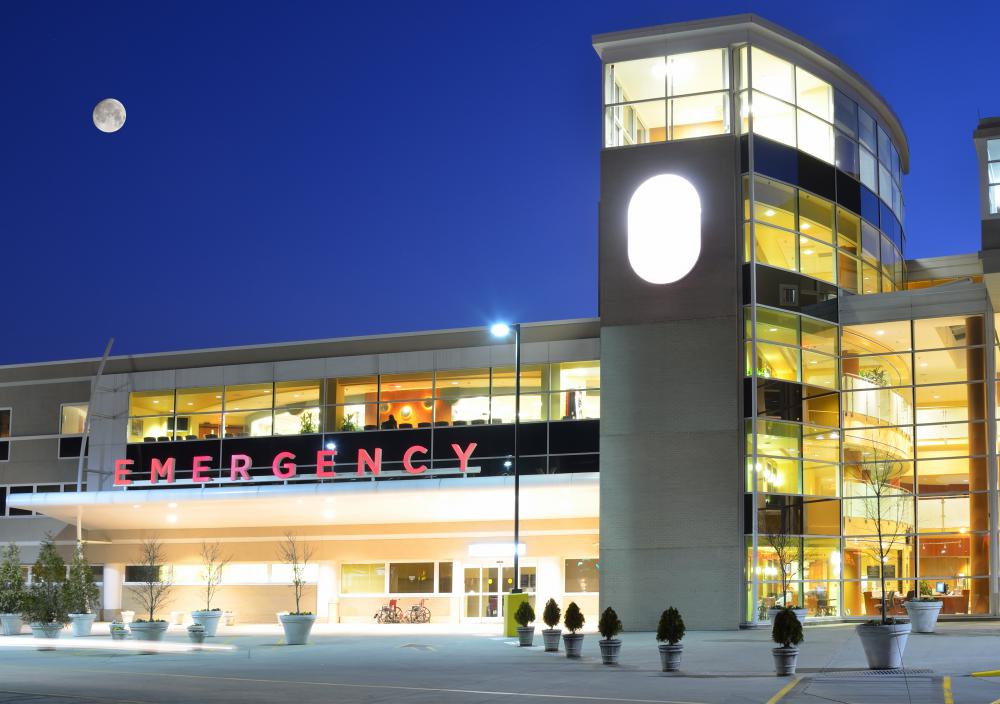At WiseGEEK, we're committed to delivering accurate, trustworthy information. Our expert-authored content is rigorously fact-checked and sourced from credible authorities. Discover how we uphold the highest standards in providing you with reliable knowledge.
What are the Different Overdose Treatments?
An overdose can be intentional or accidental, and if one occurs, treatment is usually required. There are several different overdose treatments, and sometimes multiple treatments are used. The three most common overdose treatments are gastric lavage, which is more commonly known as stomach pumping, activated charcoal, and administration of an antidote.
Most overdoses are drug related. In some cases the overdose is accidental, perhaps due to the misreading of dosage information or the mixing up of medications. The majority of overdoses, however, are related to misuse of prescription or illegal drugs. In some instances, a person intentionally overdoses in order to cause harm to themselves or to end their life. Drug overdoses can also occur when two or more substances together have an adverse interaction.

If an overdose is suspected, the best course of action is to take the patient to the nearest emergency room for treatment. In the US, calling 911 will bring an ambulance with emergency medical technicians who will begin treatment immediately and then transport the patient to the hospital. The emergency medical technicians and hospital staff will need to know when the overdose took place, what medications or drugs were taken, and other vital information such as the patient's age and overall health. This information will help determine the proper overdose treatments.

Removing the contents from the stomach with a procedure called gastric lavage, also known as stomach pumping, is the proper treatment for some overdoses. A tube is inserted into the patient's stomach, and the contents are suctioned out. Warm water or saline is then used to flush out the stomach. Patients who have been rendered unconscious from their overdose will be intubated before the procedure so that they do not inhale the toxin-containing fluid.

Activated charcoal is used either alone or together with stomach pumping. A porous from of carbon, activated charcoal, absorbs the toxic substance in the stomach before it enters the digestive tract. Patients may also be given a cathartic medication that will quicken the process of emptying the intestines. Activated charcoal is the most commonly used of the overdose treatments, but it is only effective on toxins that are ingested or swallowed.

Antidotes can be administered in some cases of overdose. These are medications that work against the toxic substance. For instance, naloxone is given to patients who have injected an overdose of a substance such as heroin or morphine. Another example of an antidote for overdose is N-acetylcysteine, which is used to treat overdoses of acetaminophen.
AS FEATURED ON:
AS FEATURED ON:














Discuss this Article
Post your comments